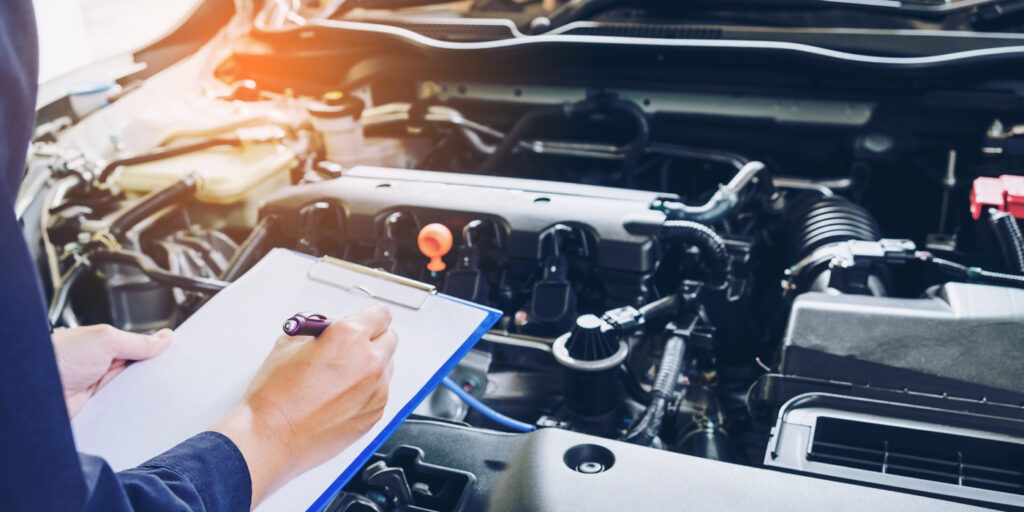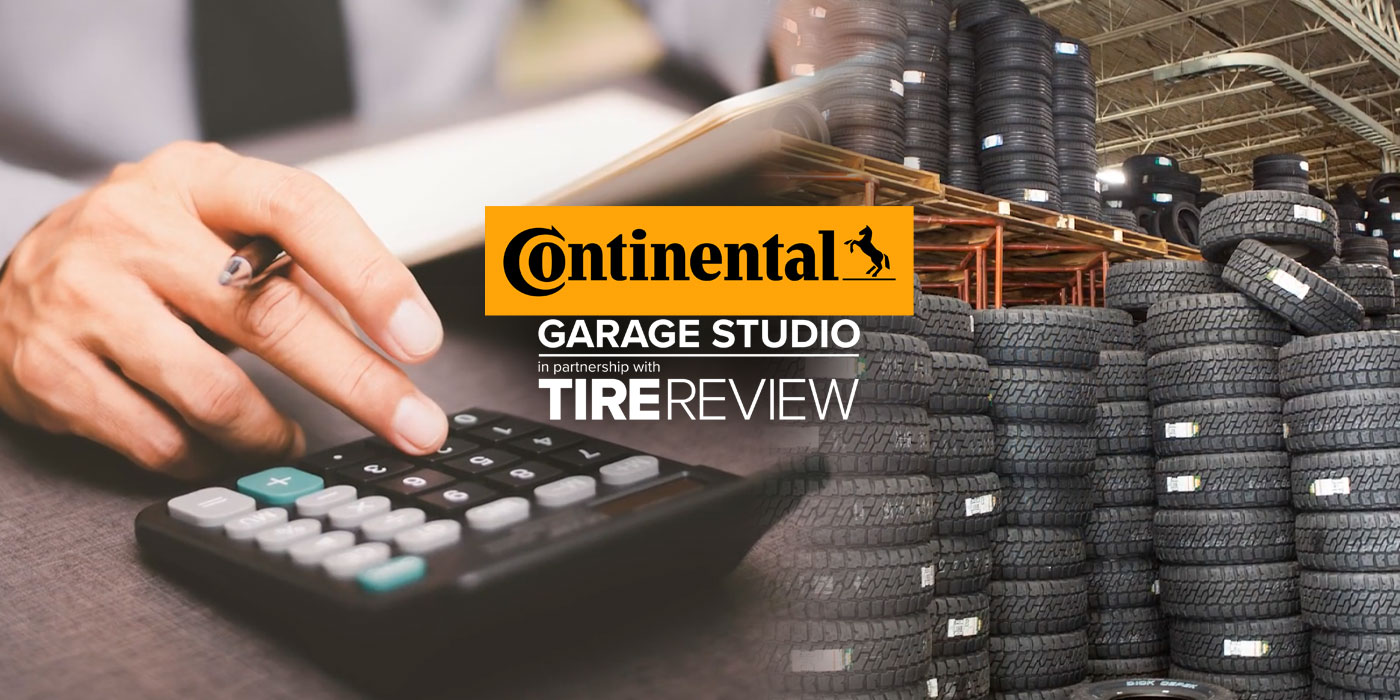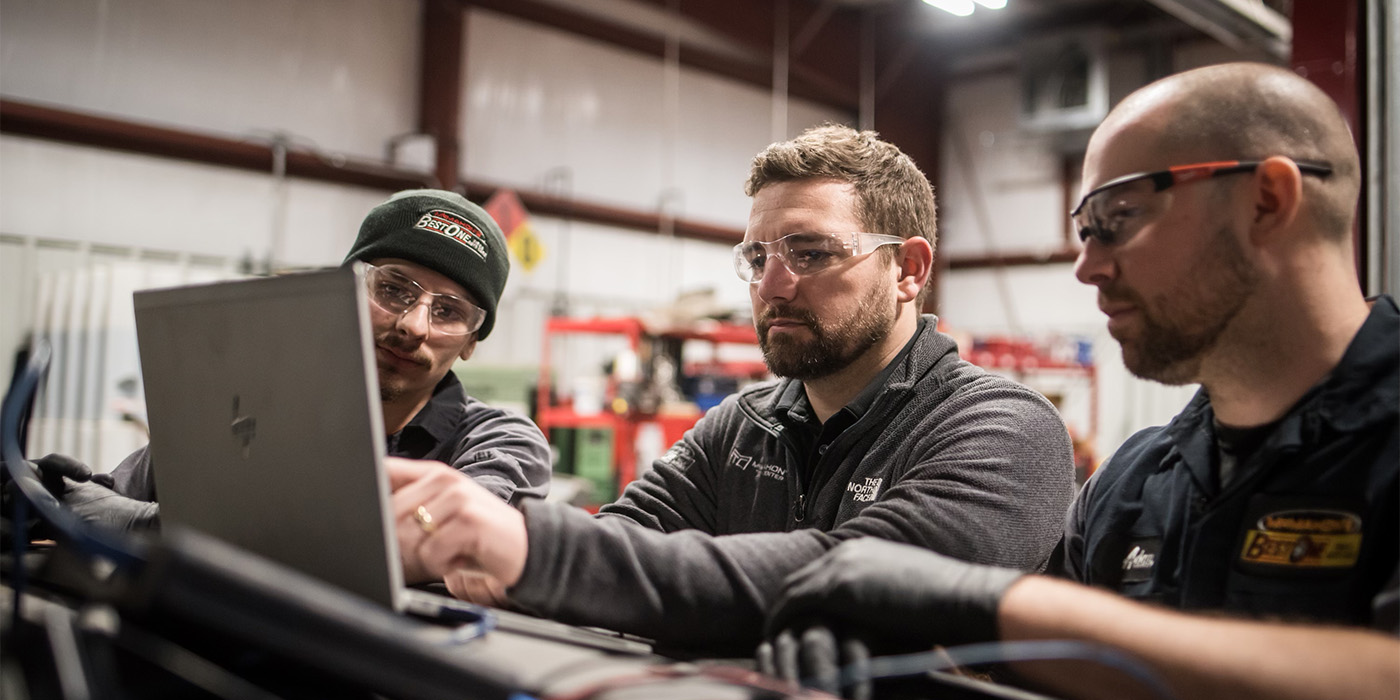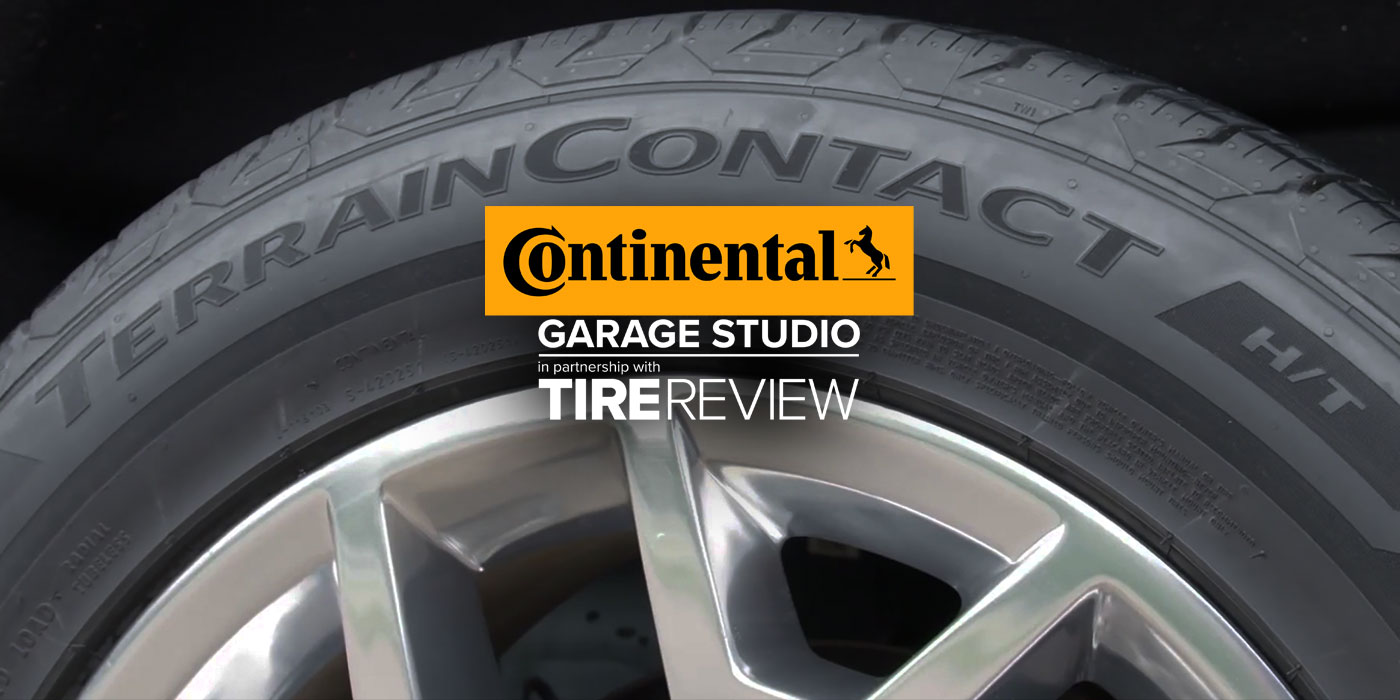Although some shops may shy away from the use of loaner vehicles, if managed efficiently, they can impact your business in many positive ways leading to higher sustained revenues. Here are some ideas I emphasize to shops evaluating a new loaner program or looking to maximize the value of their existing loaner fleet.
Whether you’re considering shop-owned or loaners contracted through a third party, these points can help you evaluate the loaner/no-loaner decision and understand how your customers and your competitors view loaner programs.
Expand Your Geographic Footprint
Independent tire dealers and automotive repair shops have told us about customers bypassing their garage to drive to a shop farther away because the competing shop advertised that they provided a loaner. The promise of a loaner was enough for the competition to poach customers who would normally take their car to a closer local garage. Furthermore, many customers have longer commutes requiring a car and are not able to easily commute to and from your shop. Providing a loaner allows these distant customers to utilize your services without major disruptions to their schedules.
Increase Your Local Share of Market
Obviously, auto shops compete for customers. Why a customer comes to your shop versus another shop is driven by several factors including perceived expertise, your shop’s reputation and convenience. Loaners are part of the convenience factor. Unless you live in a large metropolis, having ready access to a vehicle is a must. Customers need to get to work, take their kids to practice and go to the grocery store. Providing a loaner alleviates all the convenience barriers to a customer bringing their vehicle to your shop.
One of our customers requested that we add a “waitlist” feature to our system. As it turns out, many customers will bring in their vehicle only when a loaner is available. These customers will delay their service until a loaner can be provided but are willing to move their service appointment up if a loaner becomes available. Not having loaners means your shop may miss out on these potential customers and their associated service revenue.
Increase Customer Satisfaction and Retention
Although independent repair shops vary in how (and if) they track customer satisfaction, car dealerships are very focused on this issue. They measure it using an industry metric – the customer satisfaction index, or CSI. Dealer service departments know, as do the vehicle manufacturers, that a higher CSI translates to more service revenue and higher customer loyalty.
In the competitive world of new car sales and service, vehicle manufacturers provide large incentives for dealers to implement a loaner fleet because they know loaners are a major factor in raising CSI. This same principle applies to tire dealerships – shops that provide loaners will have a higher level of customer satisfaction, which keeps customers coming back.

Loaners Lead to Higher Average Repair Orders
A customer in a loaner vehicle is more likely to approve additional service work, which leads to higher revenue per repair order. This is another aspect of the convenience factor. When a customer has another car to drive, they are under less time pressure to get their repair completed and are more likely to agree to additional services because the extra time required will not impact their daily schedule.
Surveys indicate that this higher revenue per repair order is consistent across all shop types, regardless of whether shops service older vehicles or newer higher end-brands. Offering a loaner with the repair means that shops will be able to upsell necessary services to their customers.
Stop Worrying About Supply or Inventory Issues
Shops in or near major cities can easily get parts delivered on a just-in-time basis, while shops that are more remote often require a three- to four-day lead time on parts orders. By providing loaners, shops that struggle with inventory issues can still capture revenue from customers who cannot be without a vehicle for an extended period. In addition, having a loaner decreases customer’s stress and avoids repeated calls from customers asking when the repair work will be completed.
Cost of Doing Business
When it comes to generating service opportunities, you’re competing not only against other local repair shops, but also against car dealerships in your area. Dealerships have vast resources and rely heavily on service bay revenue to drive overall dealership profitability. Many car dealerships provide free loaners as well as other higher-end perks to attract customers. Some of those perks are trending more toward being spa-like versus a visit to the repair shop, and this appeals to certain customers. Not all of your customers will be swayed by the perks, but shops that do not provide a loaner are at a big disadvantage.
This is especially true of shops that service luxury or higher-end brands. Owners of higher-end vehicles expect loaner vehicles as part of the ownership “experience,” and dealerships normally supply them as a courtesy. For a shop to compete against dealerships and capture this service revenue, loaners are required. It’s just the cost of doing business.
Differentiate
Whether shop-owned or contracted through a third party, investing in a loaner fleet is an important decision. While issues like correct fleet sizing and fleet utilization are critical, loaner vehicles are proven to increase revenue, drive customer satisfaction and build customer loyalty. As shops look for new ways to build revenue and differentiate themselves from the competition, loaners are an avenue that many shops are exploring and many very successfully.














